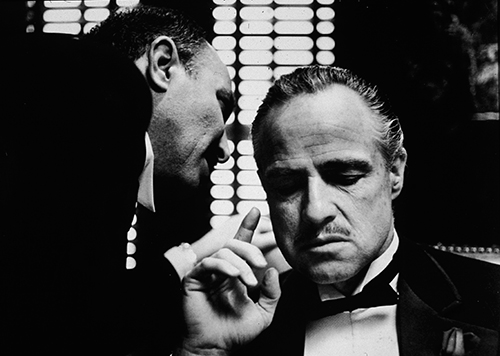
Francis Ford Coppola's landmark movie The Godfather is returning to Cineworld screens. For one day only, on 26th February, you can experience this gangster masterpiece back on the big screen where it belongs as the movie celebrates its 50th anniversary. Scroll down to discover just five reasons as to why you need to book your tickets.
1. It's lauded as the greatest gangster film of all time
And for good reason. The Godfather is adapted from Mario Puzo's novel and, arguably, reps a significant improvement on its source material. The movie throws the viewer into the snake pit, obfuscating our emotions as we weigh up the notions of family loyalty against the Corleone clan's avaricious and violent actions. It creates a fascinating emotional texture, at once relatable and yet utterly removed from our sphere of understanding.
Few gangster movies are able to engage us with the notion of mobsters as people. Yet that's exactly what happens here, with various recognisable archetypes ranging from the ageing patriarch to the bad seed son. Not only did The Godfather spawn two sequels, one masterful, the other flawed, but it also demonstrated the commercial value of the mobster movie sub-genre.
Upon its release, the movie was a significant commercial and artistic success, attaining three Oscars out of its 10 nominations including Best Picture, Best Actor (for Marlon Brando) and Best Screenplay. Revered films such as Martin Scorsese's Goodfellas owe themselves to The Godfather's pioneering approach, in which Gordon Willis' luxuriant cinematography, making a complex tapestry of light and shade, takes us into a hallowed, and very dangerous, enclave.
2. Marlon Brando's comeback performance
Thought that Brando stuffed cotton wool into his cheeks to attain Don Vito Corleone's signature mumble? In fact, he had resin blobs clipped to his back teeth. That's just one of the infamous production stories stemming from The Godfather and its remarkable casting. At the time of the film's release, Marlon Brando's career was in a bad way, but his performance as the ailing elder Corleone reignited his A-list mojo.
Many other stories have attained a level of infamy. For example, the cat that Brando is seen stroking at the beginning of the film happened to wander onto the set, and Brando incorporated it into the scene. The actor's unforgettable performance as a man who is at once a father and a feared gangster strikes notes of both fear and compassion. As the film progresses, Corleone's portrayal becomes more complex and engrossing as he attempts to steer at least one of his family members, his son Michael, away from the family business.
3. A breakout Al Pacino as Michael Corleone
If Brando was something of an unknown quantity, bedevilled by a list of underperforming movies, then distributor Paramount had a serious crisis of confidence over Al Pacino. The rising actor was on the verge of being fired from the movie, and only via Coppola's insistence did he remain. It's to our eternal credit that he stayed in place as Michael Corleone: the slow progression from war veteran into reluctant crime lord, a replacement for his nearly murdered father, is among the film's most compelling aspects.
Pacino's subtlety in showing the hardening attitude of Michael, not to mention the isolation behind his eyes, propelled the actor into an A-list career including Serpico, Dog Day Afternoon and Scarface.
4. The unforgettable set-pieces
How many classic scenes is it possible to fit in one movie? From Sonny's (James Caan) assassination to the climactic baptism, which cross-cuts between religious imagery and a city-wide slaughter initiated by Michael, The Godfather is bulging with unforgettable moments.
Yet it is also the quieter moments that resonate. Upon his execution of his father's would-be assassins, Michael's face visibly contorts with conflict as he prepares to make his first kill, one that will officially seal his initiation into the ranks of the Corleone crime family. Coppola's decision to have a roaring train pass by in the background articulates Michael's inner rage and torment, before he eventually pulls the trigger. It's a masterful moment in a movie stuffed full of them.
5. Nino Rota's lilting score
Watching The Godfather on the big screen allows one to re-engage with its Oscar-nominated score from renowned composer Nino Rota. He plays up the Sicilian heritage of the Corleone family, emphasising gentle waltzes and folk idioms that subvert Vito Corleone's violent actions. The score serves to remind us of the Corleone family's roots, and how these roots have now taken hold in America to spread corruption and violence. It's a fine example of how a film score can enhance our understanding of a film's characters, articulating not necessarily what we're seeing but what we're feeling.
Have we made you an offer you can't refuse? Then click here to book your tickets for The Godfather, screening in Cineworld on Saturday 26th February.

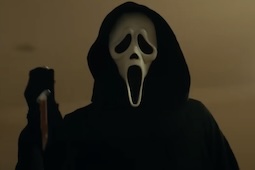
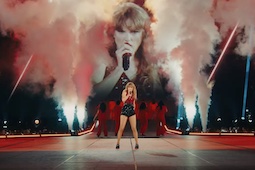
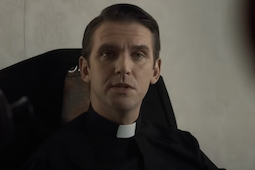
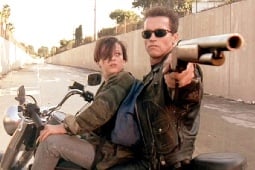
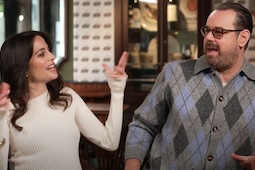
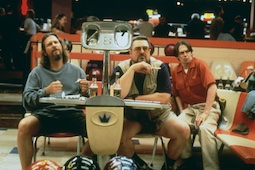
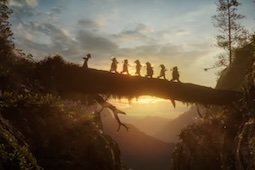
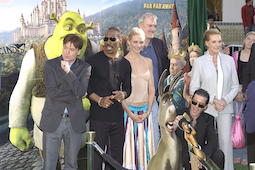
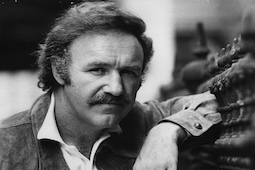



.jpg)
.png)





